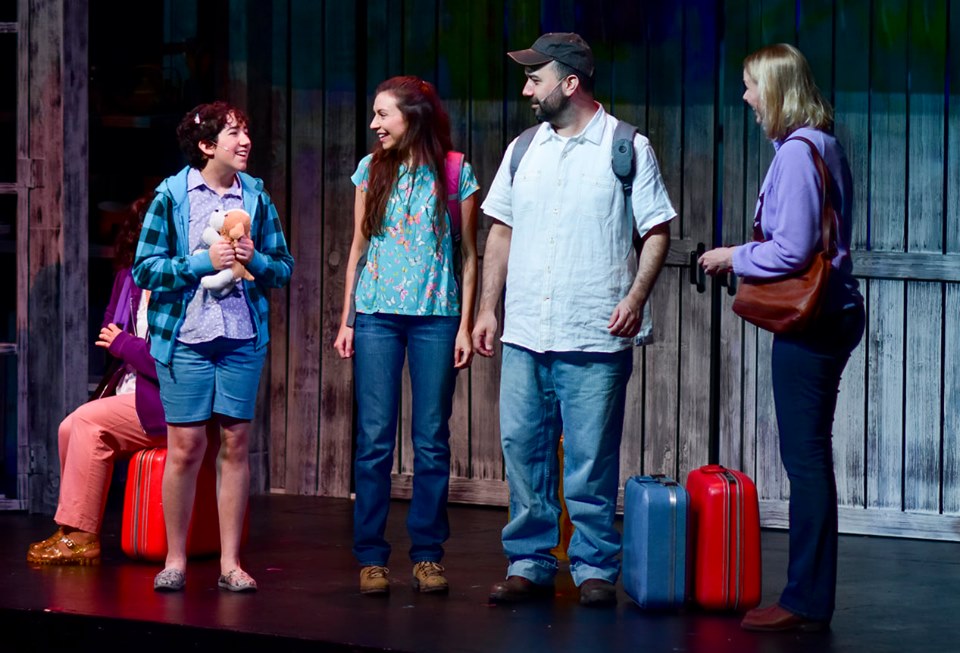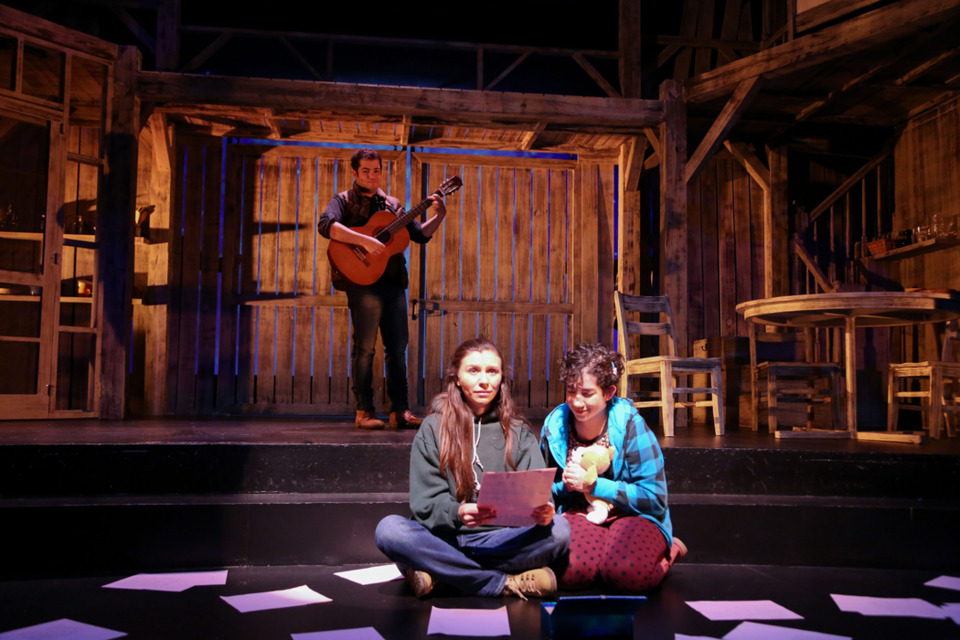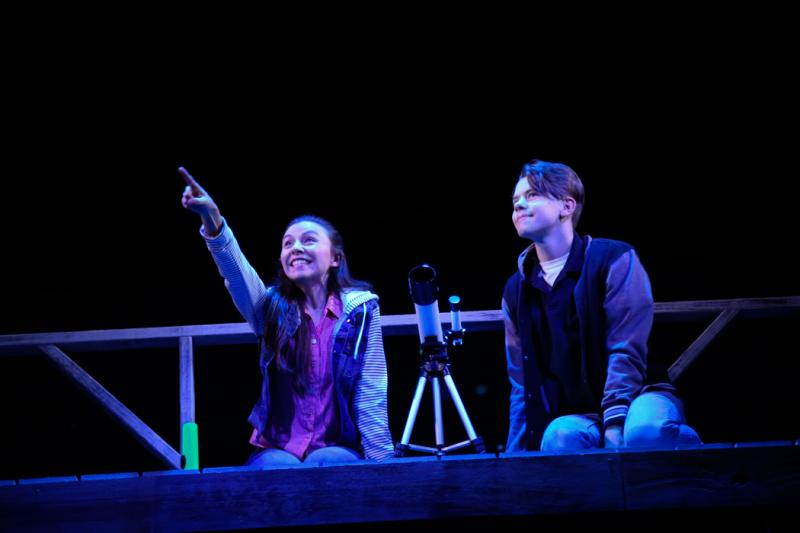
Vanderbilt’s Center for Latin American Studies and the Nashville Children’s Theatre co-commissioned a children’s play based on Julia Alvarez’s award winning book Return to Sender. The Nashville Children’s Theatre hosted the play’s world premiere in October.
Through the story of a young farm boy in Vermont, the play broaches timely topics such as patriotism, family separation, deportation and undocumented labor, as well as an exploration of Mexican culture. For Ted Fischer, director of the Vanderbilt Center for Latin American Studies, the play “beautifully captures the moral complexities of immigration and the nature of cultural and human exchanges in fraught circumstances. A powerful work, it speaks to young and old.”

During its run, from Oct 10-27, Return to Sender was seen by over 3,000 students as well as 198 teachers and 900 community members. “I know my students read and watch the news about what is going on with undocumented families, but this play really put it into perspective,” said Anne Moctezuma-Baker, a Spanish teacher at Martin Luther King Jr. Academic Magnet High School. “After the play, my students and I discussed immigration and many of them shared their own immigrant stories. It was great to see my students feel so comfortable talking about difficult topics,” she said.
To capitalize on the play’s ability to ignite discussion, CLAS and the Nashville Children’s Theatre led an educator workshop alongside the premiere. Teachers at the workshop learned skills to help them address these kinds of issues with their students. For Rose Shelor, a Spanish teacher at Mill Creek Middle School, the workshop was “a moving experience.” A related Educator Guide has been made available online to teachers across the country.
In addition, CLAS and the Nashville Children’s Theater hosted a post-show panel with CLAS Executive Director Avery Dickins de Giron, former Metro Council member Fabian Bedne and Conexion Americas Executive Director Juliana Ospina Cano.
Shelor has enjoyed seeing how the momentum produced by Return to Sender has continued in the classroom. “It has been a powerful conversation to continue in how we can engage across cultures and how we can engage emotionally and viscerally when we compare our own culture to another one and choose to enter into cross-cultural life together,” she said.
